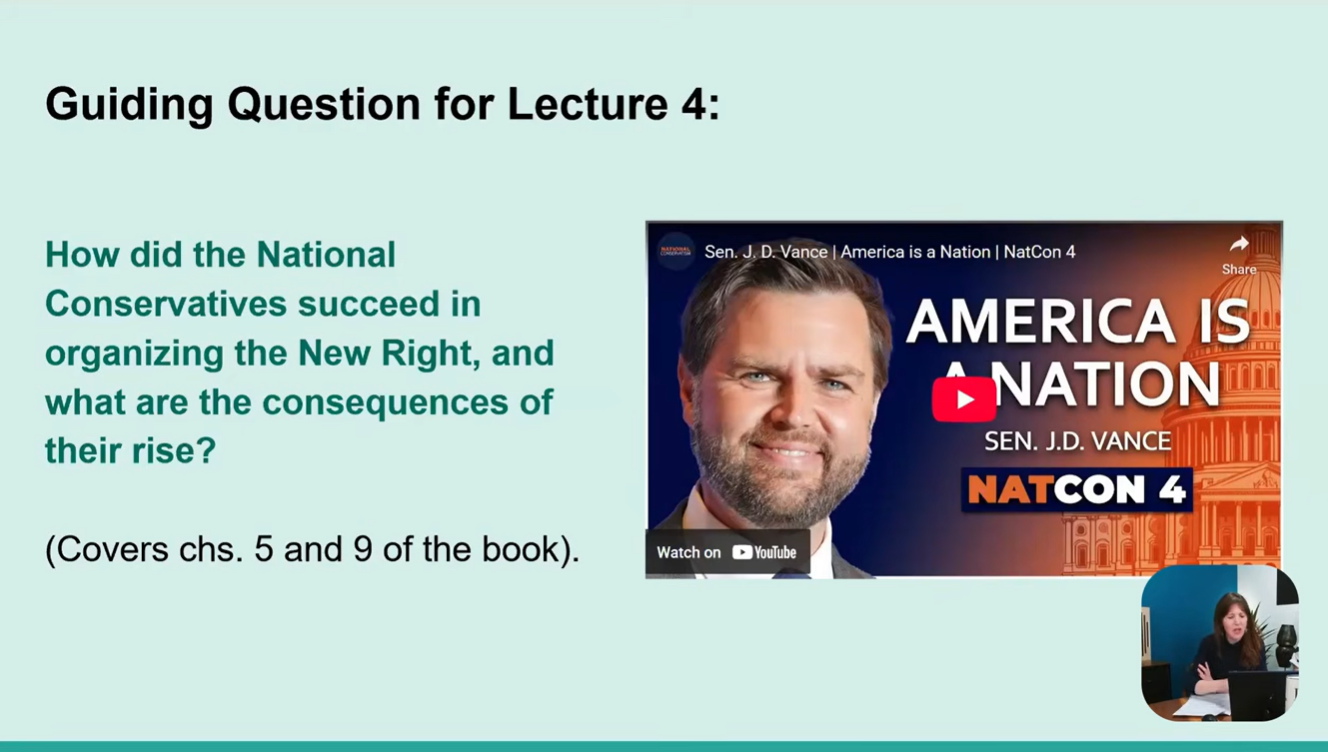As the encryption debate continues, proponents on both sides decry the negative international side effects of the policies they oppose. This essay analyzes the claims, examining the potential effects of the specific policies being pursued. The article concludes that the effects are bidirectional and dynamic: US policies and practices have a spillover effect internationally. Meanwhile the policies and practices of foreign actors influence the effectiveness of any decryption policy, and thus the scope and distribution of any such effect. Moreover, even the position of “no new decryption mandate” is itself a form of encryption policy, with potentially significant spillover effects. The article thus highlights the need to proceed with care, and for centralized, executive-level review and monitoring of sought-after decryption orders, so as to better account for the potential side effects.
International Spillover Effects: The US Encryption Debate by Hoover Institution on Scribd

.jpg?sfvrsn=11cea85a_3)



